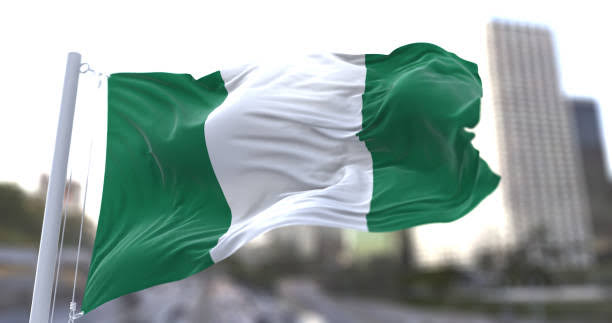The International Monetary Fund (IMF) has released a new economic outlook revealing that Nigeria is no longer among Africa’s fastest-growing economies. Despite being the continent’s largest economy by GDP, Nigeria was absent from the list of top-performing African nations, which includes Benin Republic, Côte d’Ivoire, Ethiopia, Rwanda, and Uganda.
African Economies Surging Ahead
According to the IMF, these five countries are leading Africa’s growth trajectory thanks to sound fiscal policies, diversification strategies, and significant investment in productive sectors such as agriculture, manufacturing, and infrastructure.
For instance, Ethiopia and Rwanda continue to post robust GDP growth rates driven by infrastructure expansion and industrial development. Côte d’Ivoire remains a key economic hub in West Africa due to its stable investment climate, while Benin Republic and Uganda are benefiting from agricultural transformation and improving trade policies.
Collectively, these economies represent the new face of Africa’s resilience and innovation despite global economic uncertainties.
Why Nigeria Fell Behind
The IMF noted that Nigeria’s economy continues to struggle with structural challenges such as inflation, exchange rate volatility, and weak infrastructure. The report also highlighted the adverse impact of policy inconsistencies, insecurity, and a heavy dependence on crude oil revenue.
Although the administration of President Bola Ahmed Tinubu has introduced several economic reforms—such as fuel subsidy removal and foreign exchange liberalization—the IMF warns that the benefits of these measures will take time to materialize. In the short term, Nigerians continue to grapple with rising living costs and limited job opportunities.
Experts Call for Urgent Economic Reforms
Economic analysts believe Nigeria’s exclusion from the IMF’s list should serve as a wake-up call. According to development experts, the country must prioritize economic diversification, industrial productivity, and human capital development to reclaim its growth leadership position in Africa.
Dr. Chinedu Okafor, a Lagos-based economist, noted that “Nigeria has the potential to outperform its peers, but it needs consistent policies and a business environment that attracts both local and foreign investors.”
He further stressed the importance of strengthening institutions and reducing corruption to ensure that reforms yield tangible results for ordinary citizens.
ALSO READ: Gov. Otti Unveils Abia’s Waste-to-Wealth Drive, Secures Afro-Beverages Deal
The Road Ahead for Nigeria
To regain momentum, Nigeria is urged to leverage its youthful population, vast natural resources, and growing tech ecosystem. Sectors like agriculture, renewable energy, and digital innovation present huge opportunities for long-term growth if properly harnessed.
As smaller African nations accelerate development, Nigeria’s challenge is to transition from being resource-dependent to becoming innovation-driven. The IMF’s report serves as a reminder that size alone does not guarantee success sound governance, strategic investment, and effective execution are what define the fastest-growing economies.


